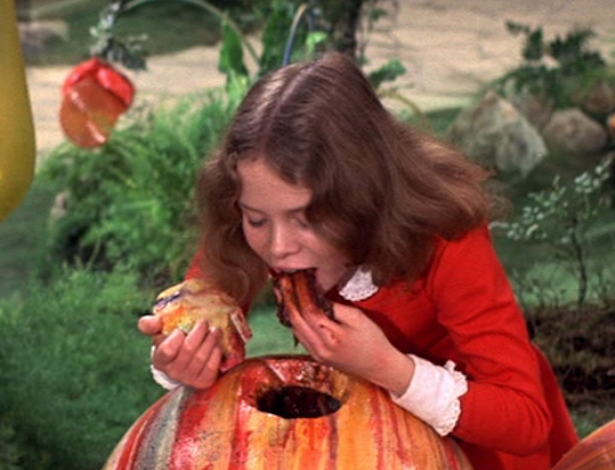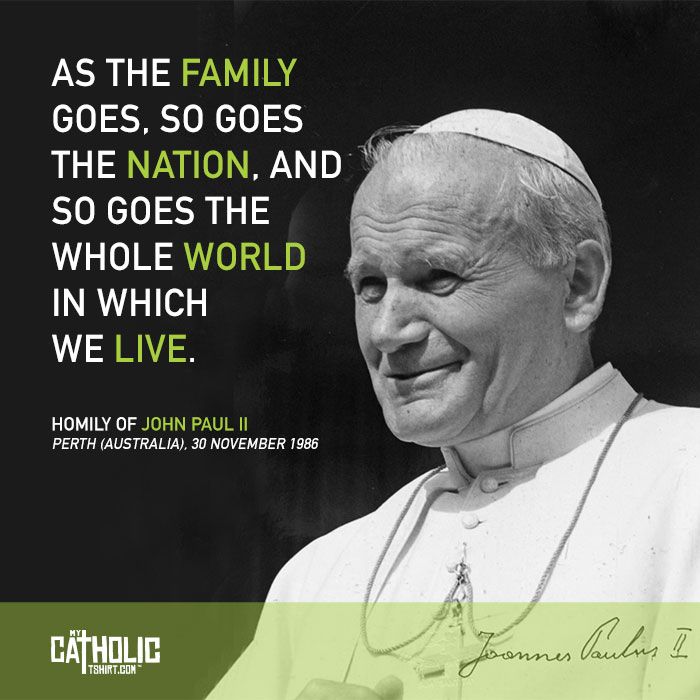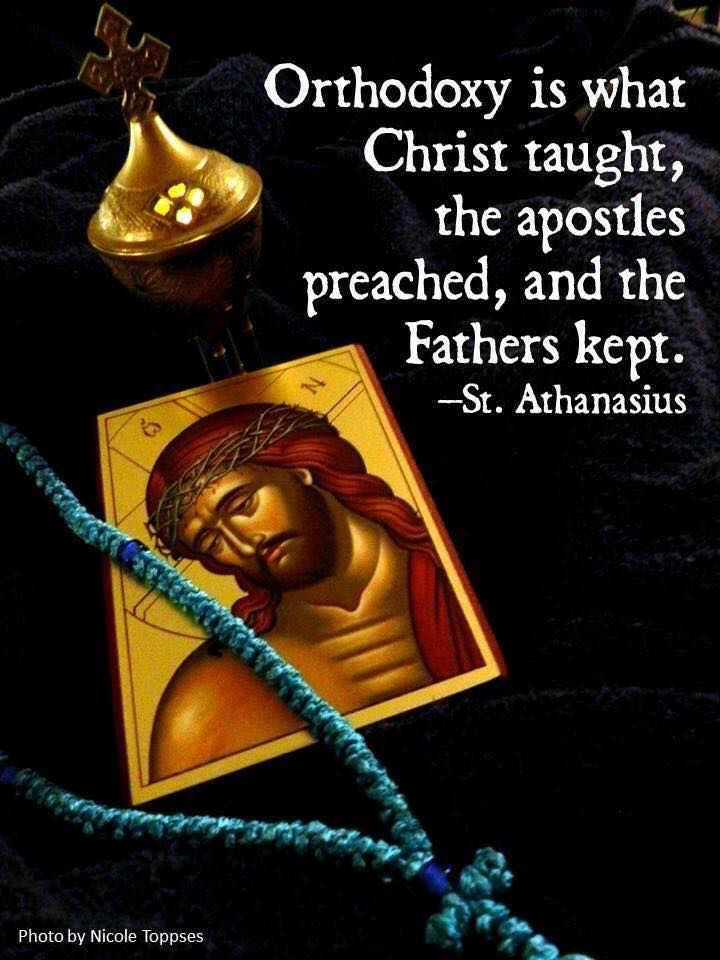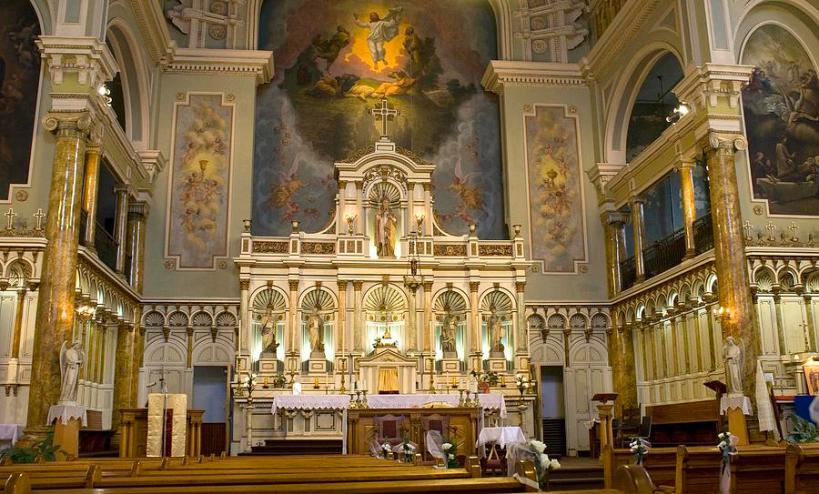The majority of political disagreements between Catholics and everyone else in some way comes down to sex. You won’t hear many arguments on whether we should feed the hungry, shelter the homeless, or visit the sick. Those are issues everyone agrees on, no matter their religious beliefs. However, when it comes to sex, Catholics and non-Catholics agree about as well as Donald Trump and Hillary Clinton. The Catholic understanding of the purpose and nature of sex touches on abortion, contraception, Planned Parenthood, same-sex unions, gender confusion, and many other hot-button topics in our modern news cycle.
The Catholic understanding of sex starts by observing its purpose. We can study our digestive system – mouth, throat, stomach, intestines – and observe that its purpose is supplying food for our bodies. While eating is often pleasurable (especially Taco Bell for me!), it’s actual function is fuel for us. Likewise we can study our reproductive system and observe its purpose. The first and most obvious purpose is for making babies. The second purpose is related to the first, but not quite as obvious. Humans take a long time to mature. In the US we consider someone an adult once they reach the age of 18 years. Children have the best chance of success when raised in stable families. So the second purpose is the strengthening of the union between the Mother and Father. Although sex is pleasurable, it’s real purposes are babies and bonding.
It is possible to abuse our bodily systems. If we eat nothing but ice cream and candy, it will be pleasurable, but our bodies will quickly break down. This is because we’re not using the digestive system for its proper purpose. Rather we are exploiting it to increase our pleasure. Similarly, we can suppress one or both purposes of our reproductive system, through contraception or fornication, but this will also cause harm to ourselves. It is because of this that Catholics believe that sex only belongs in a marriage and must be open to life every time. This isn’t easy, but by the grace of Jesus Christ it is possible.

To our modern society, sex is meaningless – it’s just a way to have fun. But from the Catholic perspective, sex is a message you tell with your body. The message says that I love you so much that I give myself to you completely – fertility and all. Likewise, I receive your gift of yourself completely – including your fertility. Even if you don’t intend it, that is the message your body is communicating during the sexual act. When a mental health professional finds out a teenage girl is sexually active, the psychologist/psychologist automatically screens her for depression. This is because teenager girls who are sexually active are much more likely to be depressed than their non-sexual counterparts. From the Catholic perspective, this makes a lot of sense. If sex has such an inherent message of selfless love built right into it then who wouldn’t feel depressed when it treated as an empty method for fun or pleasure?
I love watching the Simpsons, and I noticed the other day that this message of meaning behind an affectionate action is taken for granted by our society. In one episode, Lisa had discovered she had a crush on Nelson, the school bully. He won’t change his bad behavior for her, but does enjoy the affection that the relationship brings. The clip below shows what happens when Lisa realizes that Nelson’s feelings for her are mostly selfish.
Nelson: Alright, alright, I lied, I’m sorry, let’s kiss.
Lisa: No. You don’t understand Nelson. A kiss doesn’t mean anything if it’s dishonest.
Nelson: Uh, there’s a niceness to it.
As Lisa points out, even in something as innocent as a kiss, there is a message being communicated. When we try to ignore sex’s message or pretend it doesn’t exist, we harm ourselves and our society.












